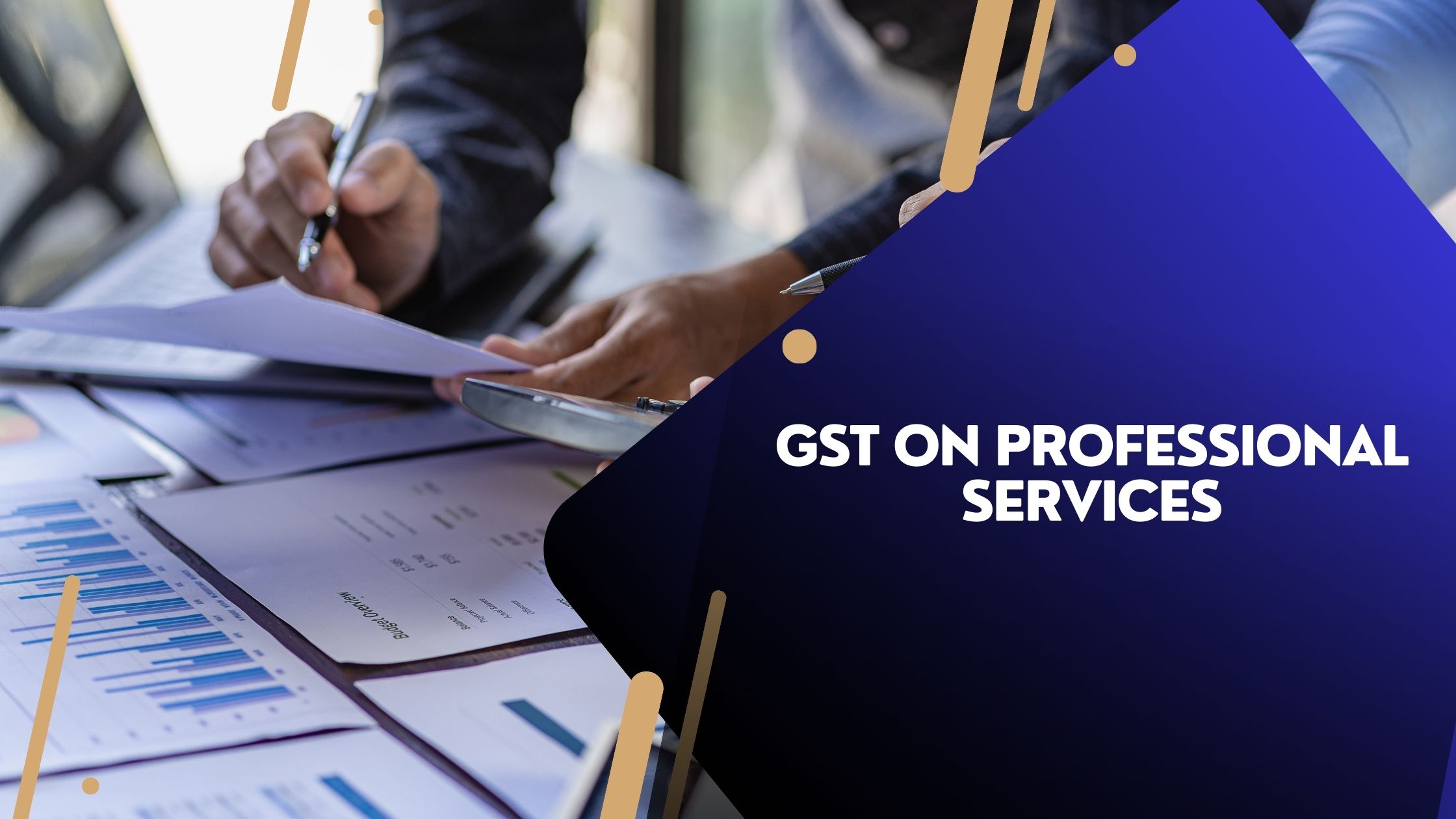Understanding GST on Professional Services in India
Goods and Services Tax (GST) applies to various professional services in India, including consulting, legal, accounting, medical, and IT services. Professionals offering services beyond a specified turnover threshold must comply with GST regulations. Understanding GST registration, applicable rates, compliance requirements, and tax calculations is crucial for professionals to ensure smooth business operations.
GST Registration for Professionals
Professionals providing taxable services must register under GST if their annual turnover exceeds ₹20 lakh (for most states) or ₹10 lakh (for special category states). However, voluntary registration is also an option, allowing professionals to avail input tax credit and enhance credibility. We provide the best GST registration services!
Who Needs to Register for GST?
✔️ Independent consultants, freelancers, and service providers earning above the threshold limit
✔️ Professionals providing inter-state services (mandatory GST registration)
✔️ Businesses availing the benefits of Input Tax Credit (ITC)
The GST registration process involves submitting business details, PAN, Aadhaar, and banking information through the GST portal.
GST Rates on Professional Services
The standard GST rate on professional services is 18%, which applies to most professional categories, including:
🔹 Legal and accounting services
🔹 IT and software development services
🔹 Management consultancy services
🔹 Medical services (except exempt categories)
Some professional services, such as healthcare and educational services, may be exempt from GST if they meet specific conditions.
GST Compliance for Professionals
Professionals registered under GST must comply with several requirements, including:
✔️ Issuing GST-compliant invoices – Every invoice should include GST details, service descriptions, and applicable tax rates.
✔️ Timely GST Return Filing – Professionals must file monthly or quarterly GST returns (GSTR-1, GSTR-3B) and an annual return (GSTR-9) if applicable.
✔️ Payment of GST – GST collected from clients must be deposited with the government within the due date.
✔️ Input Tax Credit (ITC) – Registered professionals can claim ITC on GST paid for business-related expenses.
Failure to comply with GST regulations may result in penalties and interest charges.
How to Calculate GST for Professional Services?
GST calculation is straightforward using this formula:
GST Amount = (Service Value × GST Rate) / 100
For example, if a consultant charges ₹50,000 for a service, the GST calculation is:
👉 GST @ 18%: ₹50,000 × 18% = ₹9,000
👉 Total Invoice Amount: ₹50,000 + ₹9,000 = ₹59,000
Professionals can use GST calculators or accounting software to simplify tax computations and ensure accuracy.
Conclusion
Understanding GST is essential for professionals to remain compliant and avoid legal complications. Registering under GST, charging the correct tax rate, filing returns on time, and maintaining proper records help in smooth financial management. Staying updated with GST regulations ensures hassle-free business operations and better financial planning.
Need Help?
FAQs
1. Do all professionals need to register under GST?
No, GST registration is mandatory only if the annual turnover exceeds ₹20 lakh (₹10 lakh for special category states) or if inter-state services are provided. We provide the best GST consultancy services!
2. Are there any professional services exempt from GST?
Yes, certain healthcare and educational services are exempt from GST. Check the government guidelines for a complete exemption list.
3. Can freelancers register for GST?
Yes, freelancers providing taxable services exceeding the turnover threshold must register for GST.
4. How often do professionals need to file GST returns?
Professionals must file monthly or quarterly GST returns, depending on their chosen filing method, along with an annual return. (GST on professional services)
5. What happens if I fail to pay GST on time?
Late GST payments attract penalties and interest charges, affecting business credibility and financial stability.
6. Can professionals claim Input Tax Credit (ITC)?
Yes, registered professionals can claim ITC on GST paid for business expenses like office rent, software purchases, and other service-related costs.
7. Is there a penalty for non-compliance with GST regulations?
Yes, non-compliance may lead to fines, penalties, or legal action, depending on the severity of the violation.
By understanding GST regulations, professionals can streamline their tax obligations and operate their businesses smoothly. 🚀 (GST on professional services)
Table of Contents
Toggle


